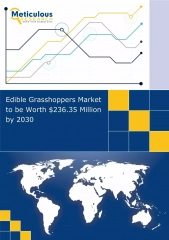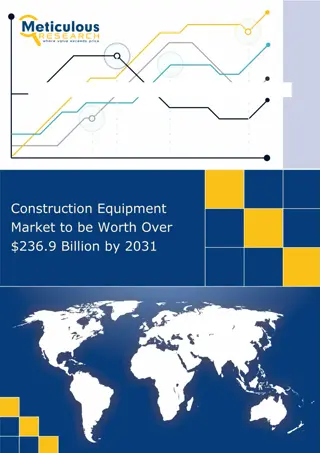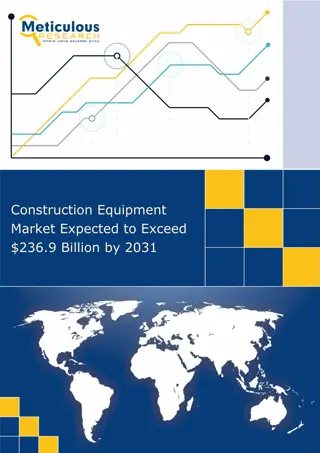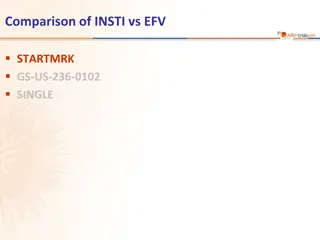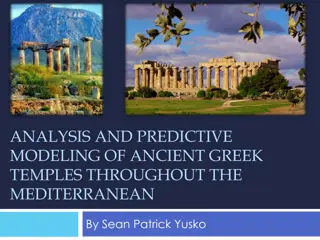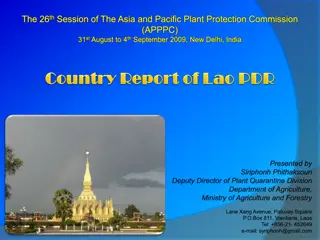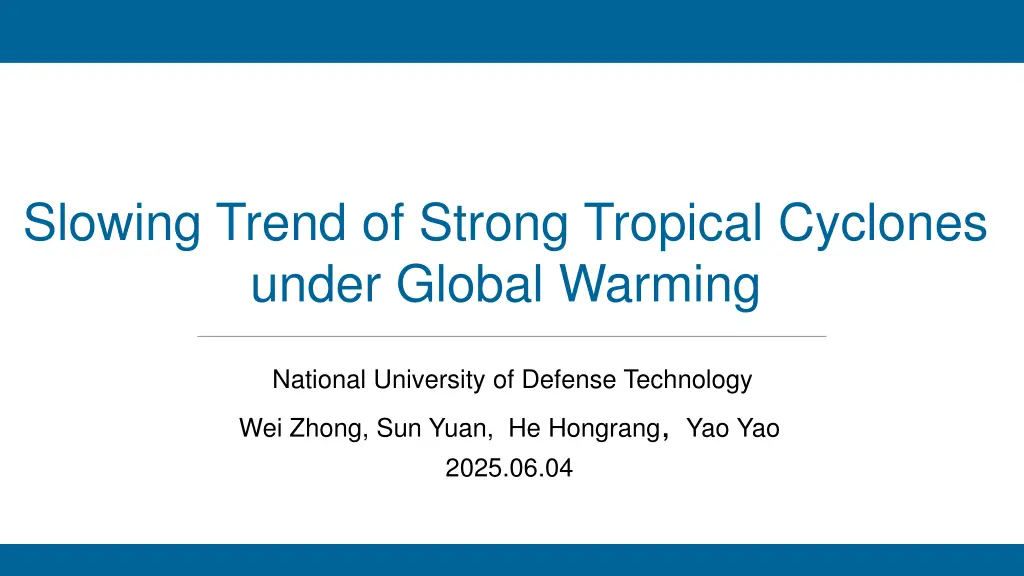
Decades-long Trend in Strong Tropical Cyclones Under Global Warming
Discover the phenomenon of slowing strong tropical cyclones amidst global warming research conducted by the National University of Defense Technology. The study delves into the impacts on translation speed, examining the role of observational changes in recent years. Find out the key findings and implications of this research on tropical cyclone behavior.
Download Presentation

Please find below an Image/Link to download the presentation.
The content on the website is provided AS IS for your information and personal use only. It may not be sold, licensed, or shared on other websites without obtaining consent from the author. If you encounter any issues during the download, it is possible that the publisher has removed the file from their server.
You are allowed to download the files provided on this website for personal or commercial use, subject to the condition that they are used lawfully. All files are the property of their respective owners.
The content on the website is provided AS IS for your information and personal use only. It may not be sold, licensed, or shared on other websites without obtaining consent from the author.
E N D
Presentation Transcript
Slowing Trend of Strong Tropical Cyclones under Global Warming National University of Defense Technology Wei Zhong, Sun Yuan, He Hongrang Yao Yao 2025.06.04
Motivation * Kossin, J. P., 2018: A global slowdown of tropical-cyclone translation speed. Nature, 558, 104-107. Is it the translation speed of weak TCs or strong TCs that has slowed down with warming in the past decades? Is the slowdown trend caused by the global warming or the changes in observational capability in the past decades?
Data and Methods Data: IBTrACS v03r10. Period 1949 ~ 2016 Methods UTS TC translation speed caclulated by the neighboring locations along each TC track Kossin 2018 UTS-TC UTSexcluding TDs, namely, with only the TC records reaching an intensity threshold of 17 m s-1.
Results All TCs TCs over Land
Results UTS-TC USF UTS-TC -USF
Results Trend and its 95% confidence interval Trend and its 95% confidence interval (km h (km h- -1 1decade P value P value (uncorrected) (uncorrected) Basin Basin Period Period Change (%) Change (%) decade- -1 1) ) <10-10* <10-7 0.07 0.95 0.10 0.40 <10-7 <10-3 0.70 0.51 0.04 0.02 0.35 0.22 0.01 0.86 <10-2 1949-2016 1949-1982 1982-2016 1949-2016 1949-1982 1982-2016 1949-2016 1949-1982 1982-2016 1949-2016 1949-1982 1982-2016 1949-2016 1949-1982 1982-2016 1949-2016 - -0.72 0.72 - -1.58 1.58 0.26 0.27 0.01 0.46 -1.15 1.29 0.51 1.17 - -0.59 0.59 0.18 - -1.12 1.12 0.55 0.06 0.32 -0.09 0.26 0.98 0.98 0.86 - -0.58 0.58 0.46 0.11 0.23 0.36 0.56 - -0.85 0.85 0.62 -0.02 0.22 0.31 0.31 0.44 0.44 - -21.53 21.53 - -21.83 21.83 4.82 -0.39 -14.67 7.41 - -17.93 17.93 - -16.09 16.09 1.17 -3.47 20.55 20.55 - -11.49 11.49 5.99 9.98 - -19.64 19.64 -0.86 Globe Globe North Atlantic North Atlantic 0.18 0.55 Western North Western North Pacific Pacific Eastern Pacific Eastern Pacific 0.86 0.46 Northern Indian Northern Indian Ocean Ocean 0.62 Southern Hemisphere Southern Hemisphere (<100 (<100 1949-1982 1.08 1.08 0.64 0.64 25.13 25.13 E) E) 1982-2016 1949-2016 1949-1982 1982-2016 0.49 0.49 - -0.40 0.40 -0.01 0.54 -0.05 0.53 0.37 0.37 0.20 0.20 11.90 11.90 - -15.98 15.98 -0.24 -1.11 0.01 <10-3 0.97 0.86 Southern Hemisphere Southern Hemisphere (>100 (>100 E) E)
Results Interbasin trend Latitudinal shift
Summery Is it the translation speed of weak TCs or strong TCs that has slowed down with warming in the past decades? Rather than weak TCs, it is strong TCs that slowed down in the past decades. Is the slowdown trend caused by the global warming or the changes in observational capability in the past decades? Compared with the weakening of tropical circulation, which is related to anthropogenic warming the changes of TC tracks (including inter-basin trend and latitudinal shift), which are partly attributed to data inhomogeneity, make a much larger contribution to the slowing trend, .
Thanks for Attention! Any Question?

